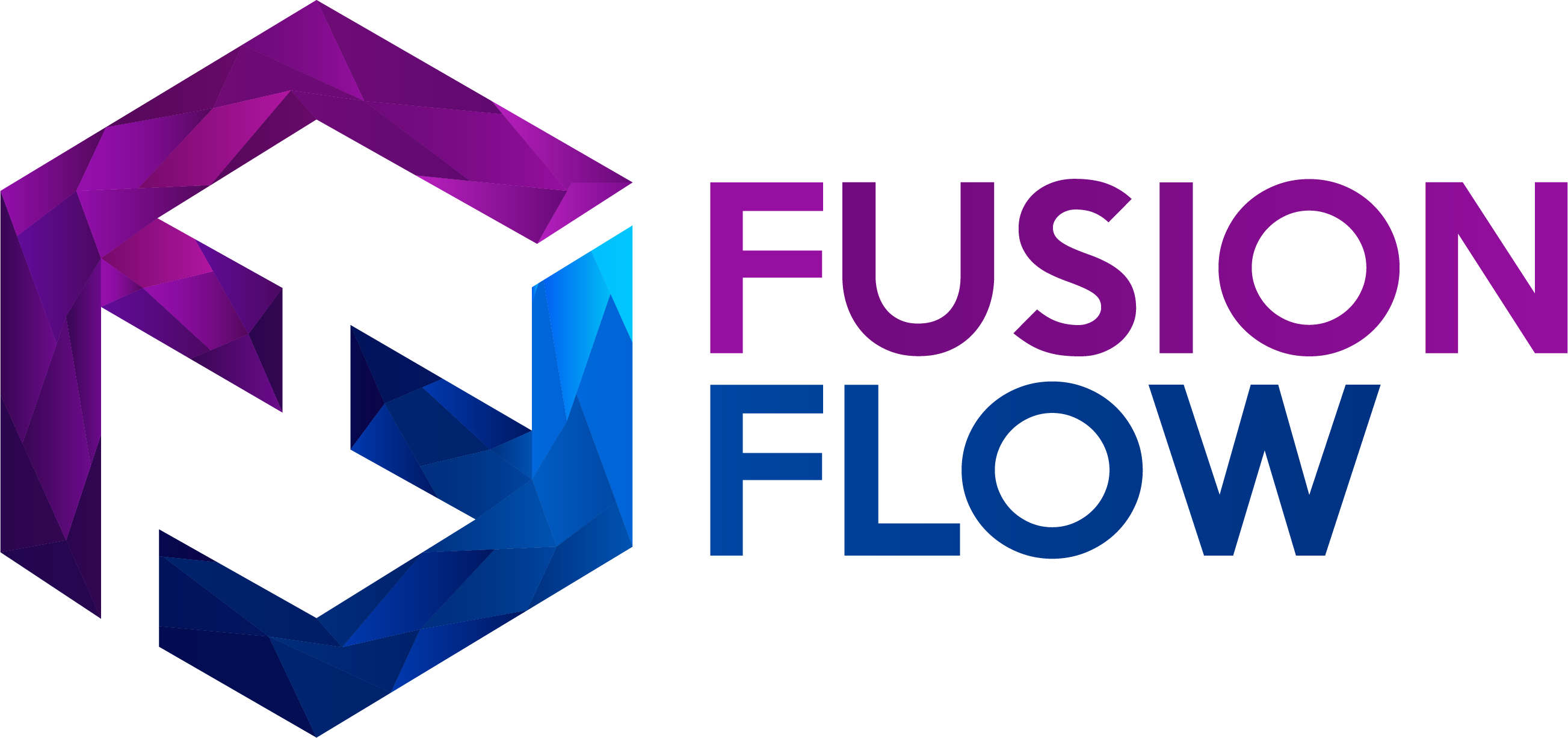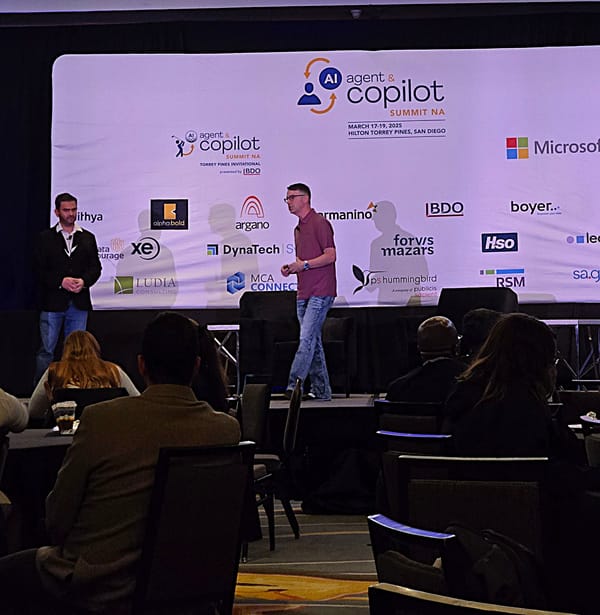AI Literacy for Leaders: What You Really Need to Know in 2025
Most AI conversations still confuse more than they clarify. This session at the AI Copilot Summit finally broke it down explaining how AI really works, what leaders need to know, and what it takes to move from experimentation to enterprise-scale impact.

Do you think you're making smart AI bets? You might be, but only if you understand what you're buying. At the AI Copilot Summit, one session cut through the noise and clarified what AI literacy really means in 2025.
Why AI literacy matters now more than ever
Does AI evoke images of futuristic robots conquering the world? You're not alone, but reality paints a vastly different picture. Gartner predicts that global AI software spending will nearly triple by 2027. Pouring money into AI alone won't solve your problems - understanding how to leverage it effectively will make the real difference.
“It’s not about the tech you buy, but the literacy you build.” — AI Copilot Summit Speaker
One of the speakers shared his early encounters with AI from the 2000s, humorously recounting his complete miscalculations. Fast forward to now, and he candidly admits, "Thanks to ChatGPT, suddenly everyone is talking about AI."
Clearing the AI vs. machine learning confusion
Let me be real; before today, I even sometimes blurred the line between AI and machine learning (ML). A common myth busted at the summit: AI is the big picture. Machine learning is just one of the key engines. AI broadly aims to imbue machines with capabilities akin to human intelligence, whereas ML specifically refers to machines learning from data to make informed decisions.
Generative AI: creating rather than just choosing
They made a clear distinction between discriminative and generative AI. "Discriminative AI chooses, generative AI creates." Imagine AI not merely classifying your business emails but drafting them.
“Generative AI gives machines the power to imagine within reason.” — AI Summit Panelist
Training vs. inference: making sense of AI mechanics
The speakers perfectly illustrated AI mechanics in a straightforward analogy:
- Training AI is like a student studying from textbooks. It's resource-intensive, often requiring massive data centers and weeks to months of processing.
- Inference is taking the student to an exam - answering prompts and questions on the spot.
Transformers: the backbone of modern AI magic
The Transformer model changed everything. In the 2017 paper "Attention is all you need," they summarized precisely how Transformers enabled AI to process vast language data effectively. Without Transformers, tools like Microsoft Copilot or ChatGPT wouldn't be possible.
The true power of content chunking and embeddings
One practical yet widely overlooked aspect highlighted was content chunking. AI doesn't process entire documents instantly - it retrieves relevant chunks of context. Good chunking means AI retrieves just enough information without confusion or hallucinations.
Pair content chunking with embeddings and the use of vector databases, and you have a powerful mechanism enabling enterprises to utilize AI models efficiently, grounded firmly in their specific data.
"Think of embeddings like GPS coordinates for ideas!"— The Summit Speaker
Retrieval augmented generation (RAG): bridging generic AI and customized business needs
RAG was a standout topic for me because it embeds finely tuned-business information into AI applications. RAG bridges the gap, injecting your company's unique context directly into generative responses, making the AI less generic and significantly more valuable to stakeholders.
Agents and co-pilots: the next frontier
AI-powered copilots are becoming omnipresent. AI agents go further, actively performing tasks and making AI a proactive team member.
"If a Microsoft product doesn't have a Copilot, it's probably on its way out!"— Summit Speaker
Final thoughts: where are we headed?
Currently, we're exploring what's called Weak AI - specifically tailored for certain functions. Yet, we're steadily inching towards Artificial General Intelligence (AGI), the stage where AI can fully complete complex, multi-layered tasks autonomously.
The speakers assured us that AI literacy isn't turning everyone into engineers overnight but empowering us all.
“AI literacy is the new digital literacy—and it's for everyone.” — Summit Keynote Speaker
Were you at the summit or curious about something specific I shared? Let's continue the discussion in the comments—I'd love to hear your thoughts.





